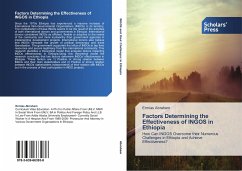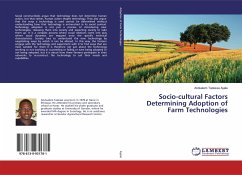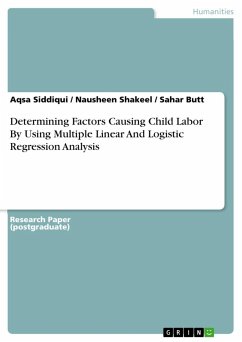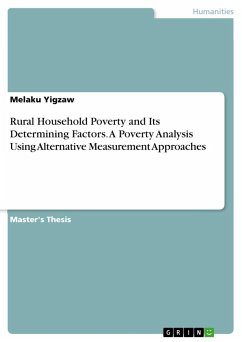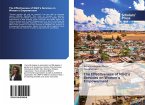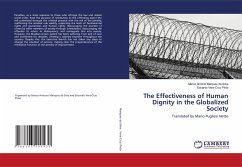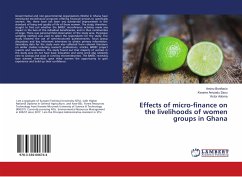Since the 1970s Ethiopia has experienced a massive increase of International Non-Governmental Organizations (INGOs) in its territory. The multiplication of these INGOs seems to be the result of the activities of both international donors and governments in Ethiopia. International donors considered INGOs as efficient, flexible or adoptive to the needs of the community and more trustworthy than government agencies in implementing development projects. International donors also believe that INGOs stimulate the growth of political democracy and trade liberalization. The government supported the influx of INGOs to tap their resources and secure legitimacy from the international community. This research identifies a theoretical model that analyzes factors impacting INGOs effectiveness in Ethiopia.Using this theoretical model the research concludes that two factors determine INGOs effectiveness in Ethiopia. These factors are 1) Positive or strong relation between INGOs and their main stakeholders and 2) Positive or strong relation between INGOs stakeholders independently of their relation with INGOs but in the process of their participation in INGO projects.
Bitte wählen Sie Ihr Anliegen aus.
Rechnungen
Retourenschein anfordern
Bestellstatus
Storno

